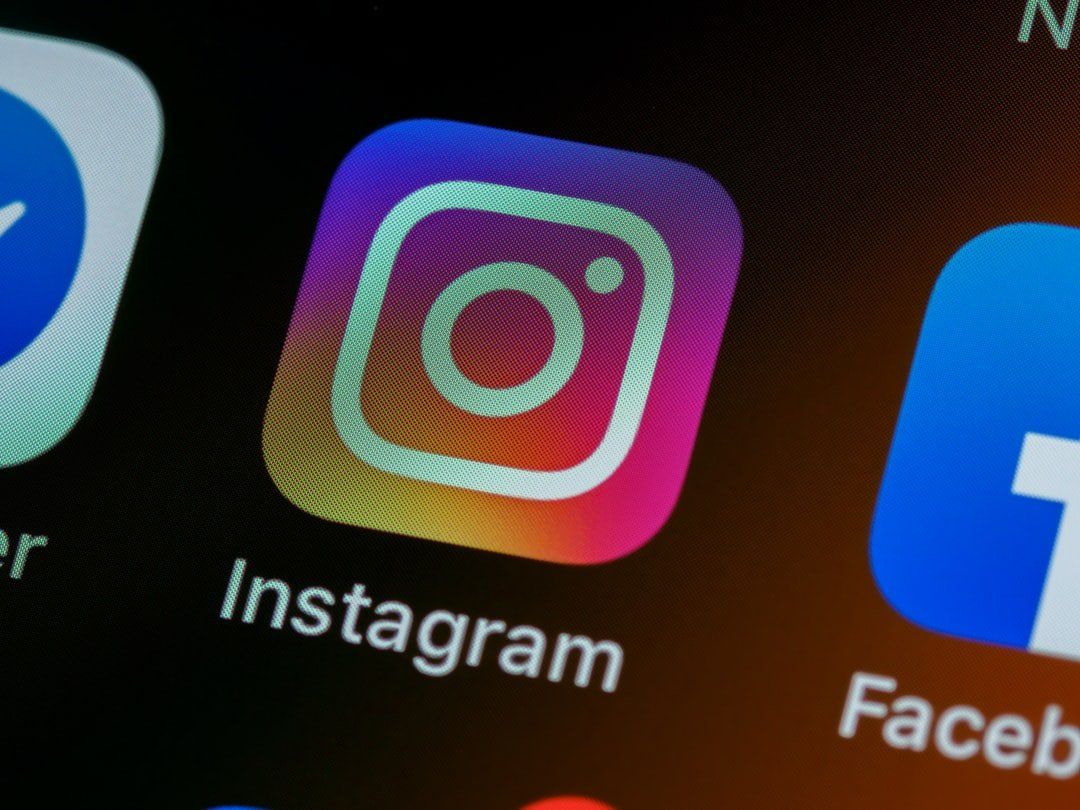1,792 reads
Recreating The Instagram Double-Tap with JavaScript ❤️
by
September 22nd, 2020
Audio Presented by
https://daily-dev-tips.com I write daily dev tips to contribute to the development community!
About Author
https://daily-dev-tips.com I write daily dev tips to contribute to the development community!
